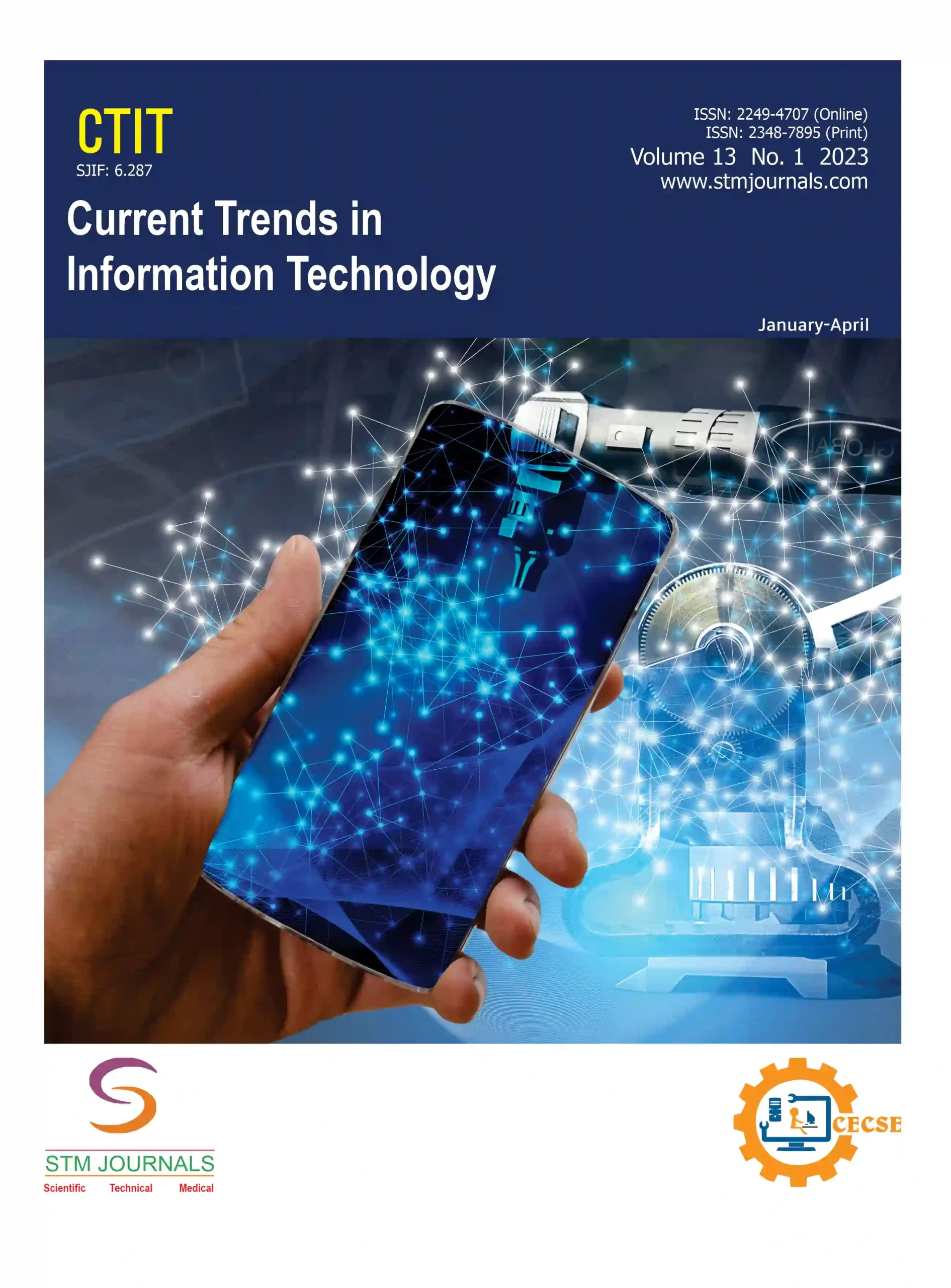V. Basil Hans,
- Research Professor, Department of Management & Commerce, Srinivas University, Mangaluru, Karnataka, India
Abstract
The rapid advancement of artificial intelligence (AI) and machine learning (ML) has significantly enhanced the capabilities of computers in processing, analyzing, and disseminating knowledge. However, despite these advancements, there are inherent limits to the extent that knowledge-sharing can be fully realized through computer systems. This study explores the various barriers that hinder the effective sharing and transfer of knowledge through machines, including technological limitations, ethical concerns, and the complexities of human cognition. It examines the challenges posed by data interpretation, context understanding, and the ability of computers to replicate human intuition, creativity, and subjective experience. Furthermore, the study highlights the importance of human-computer collaboration and discusses potential future directions for bridging the gap between human knowledge and machine capabilities. Ultimately, while computers play a pivotal role in enhancing knowledge-sharing, their limitations underscore the need for complementary human involvement in decision-making and problem-solving processes.
Keywords: Digital technology, volume of information knowledge-sharing in the digital age, computer-mediated communication, sensitive personal data
[This article belongs to Current Trends in Information Technology ]
V. Basil Hans. Limits to Knowledge-Sharing by Computers. Current Trends in Information Technology. 2025; 15(02):01-05.
V. Basil Hans. Limits to Knowledge-Sharing by Computers. Current Trends in Information Technology. 2025; 15(02):01-05. Available from: https://journals.stmjournals.com/ctit/article=2025/view=209386
References
- Jaswal BA. Impact of digital technology on library resource sharing: revisiting LABELNET in the digital age. Pak J Libr Inf Sci. 2006; 2006(7): 87–104.
- Pedro N, Soares F, Matos JF, Santos M. The use of learning management platforms in school context-a national study. Report by the ICT Competence Centre of the Faculty of Sciences, University of Lisbon; 2008.
- Ito M, Horst HA, Bittanti M, Boyd D, Herr-Stephenson B, Lange PG, Pascoe CJ, Robinson L. Living and Learning with New Media: Summary of Findings from the Digital Youth Project. Sociology. 2008 Nov 1.
- Ajie I. Issues and prospects of knowledge sharing in academic libraries. Libr Philos Pract. 2019 Feb 1; 2521(7p).
- Al-Ahmari S, Renaud K, Omoronyia I. A Systematic Review of Information Security Knowledge-Sharing Research. Proceedings of the Twelfth International Symposium on Human Aspects of Information Security & Assurance (HAISA 2018). 2018 Sep 9; 101–110.
- Chatterjee S. Managing constraints and removing obstacles to knowledge management. IUP J Knowl Manag. 2014 Oct;12(4):24–38. Available from: https://ssrn.com/abstract=2636778.
- Mahami-Oskouei M, Nemati-Anaraki L, Panahi S, Asadzandi S. Factors influencing knowledge sharing between scientific specialists in knowledge networks and communities of practice: a systematic literature review. J Educ Health Promot. 2024 Apr 1; 13(1): 136.
- Adam A. Delegating and distributing morality: Can we inscribe privacy protection in a machine? Ethics Inf Technol. 2005 Dec; 7: 233–42.
- Lee A, Lim TM. Strategies to improve knowledge sharing in trading construction organization. IT in Industry. 2017; 5: 7–15.
- Lee WW, Alkureishi ML, Isaacson JH, Mayer M, Frankel RM, London DA, Wroblewski KE, Arora VM. Impact of a brief faculty training to improve patient-centered communication while using electronic health records. Patient Educ Couns. 2018 Dec 1; 101(12): 2156–61.
- Ebrahim NA, Ahmed S, Taha Z. SMEs; Virtual research and development (R&D) teams and new product development: A literature review. Int J Phys Sci. 2010; 5(7): 916–30.
- Di Meglio A, Purcell A, Gaillard M. CERN openlab whitepaper on future IT challenges in scientific research. Publication prepared by CERN openlab on behalf of the contributors. 2014. https://cds.cern.ch/record/1704394
- Madison MJ. Social Software, Groups, and Governance. Mich St L Rev. 2006; 2006: 153–191.
- Lavoie E, Hendren L. Personal volunteer computing. In Proceedings of the 16th ACM International Conference on Computing Frontiers. 2019 Apr 30; 240–246.
- Kim H, Giacomin J, Macredie R. A qualitative study of stakeholders’ perspectives on the social network service environment. Int J Hum-Comput Interact. 2014 Dec 2; 30(12): 965–76.
- Jamal A, Coughlan J, Kamal M. Mining social network data for personalisation and privacy concerns: a case study of Facebook’s Beacon. Int J Bus Inf Syst. 2013 Jan 1; 13(2): 173–98.
- Kaminski ME, Rueben M, Smart WD, Grimm CM. Averting robot eyes. Md L Rev. 2016; 76: 983.

Current Trends in Information Technology
| Volume | 15 |
| Issue | 02 |
| Received | 03/03/2025 |
| Accepted | 22/04/2025 |
| Published | 03/05/2025 |
| Publication Time | 61 Days |
PlumX Metrics
